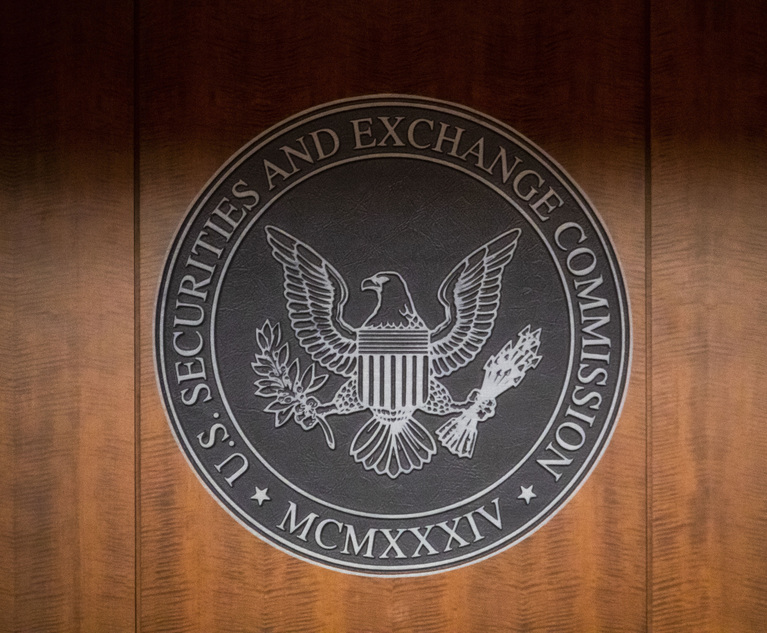This article is part three of a three-part series discussing recent trends that warrant public companies to consider whether their insider trading policies should be updated. Part one provided practical guidance on mitigating risks associated with employees who may inadvertently share confidential information with others. Part two discussed practical suggestions to comply with U.S. Securities and Exchange Commission (SEC) guidance to public companies that insider trading policies should address cybersecurity risks.
Part three provides a primer on potential legislative changes involving stock trading plans (aka 10b5-1 plans) routinely relied on by corporate insiders to trade their company’s stock legally.


 Photo by Shutterstock.com
Photo by Shutterstock.com







